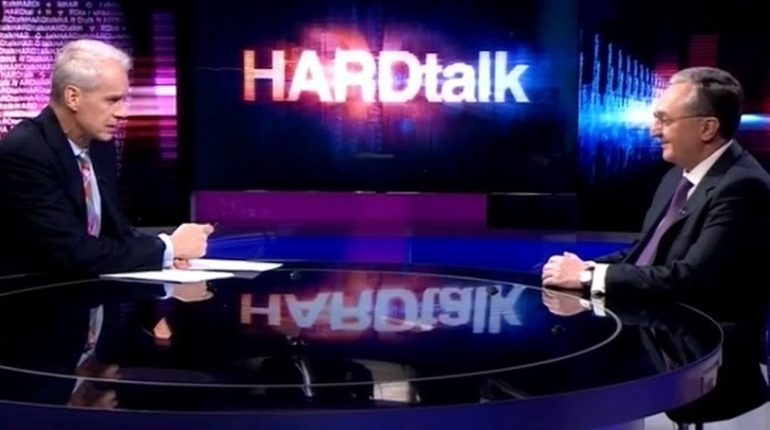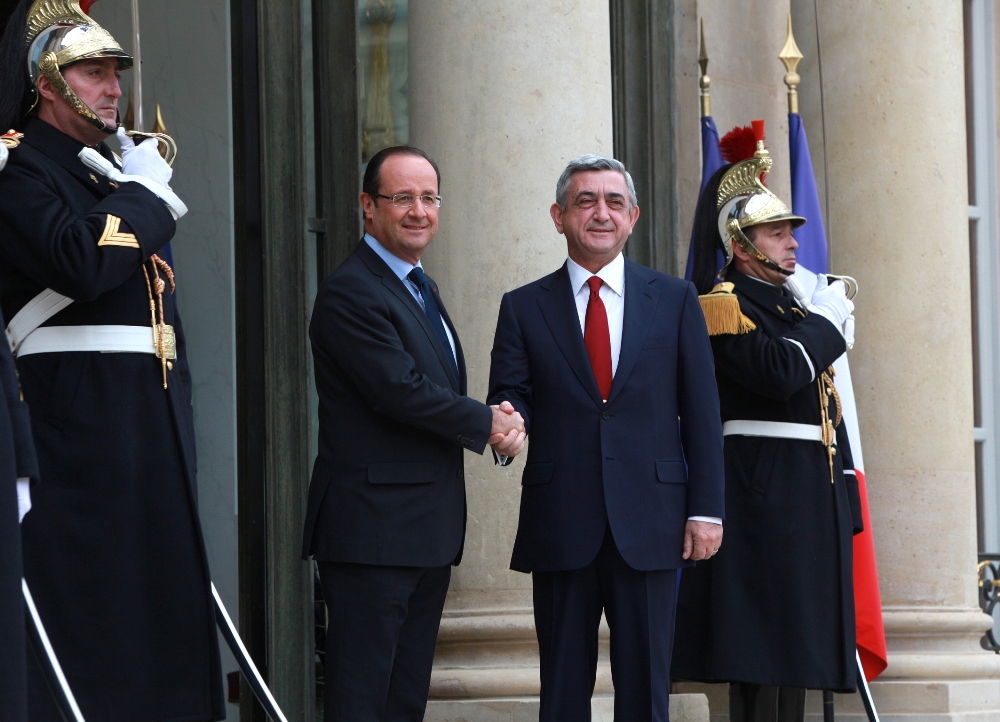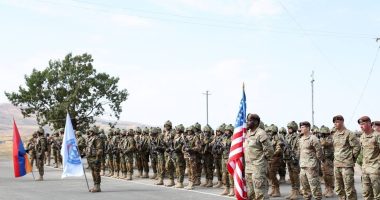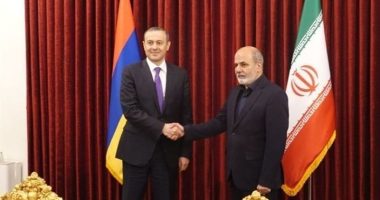LONDON — Armenian Prime Minister Nikol Pashinyan’s UN address, voicing a call for achieving a universally acceptable solution to the Nagorno-Karabakh (Artsakh) conflict, reaffirms Armenia’s support to a peace process, Foreign Minister Zohrab Mnatsakanyan said in an interview on BBC’s HARDtalk.
His statement came in response to Stephan Sackur’s remark that the premier’s slogan – “Artsakh is Armenia- period” – runs counter to the peaceful conflict settlement efforts.
“He does want peace because the prime minister of Armenia has been saying that the solution we want to achieve has to be acceptable to the people of Armenia, the people of Nagorno-Karabakh and the people of Azerbaijan. We are waiting from Azerbaijan a signal and a message which refers to our interests and our concerns – and the concerns of the security in people of Nagorno-Karabakh. But they have been refusing to do that,” the minister emphasized.
Reiterating Armenia’s commitment to a peaceful conflict settlement, the minister emphasized that Nagorno-Karabakh’s security and status are an “ultimate priority” in those efforts . “We haven’t been retracking from the peace process,” he added.
Sackur later referred to Russian Foreign Minister Sergey Lavrov’s response – voiced at the Valdai Discussion Club – reminding the foreign minister of Russia’s close strategic alliance with Armenia, as well as military base on the country’s territory. Mnatsakanyan had to refer to Armenia’s position again, calling for an adequate signal and message by Azerbaijan. “Armenia has been inconsistently and consistently insisting that we need a message – message of compromise – from Azerbaijan.
“When the prime minister went on insisting that the solution should be acceptable to all the people – the people of Armenia, the people of Azerbaijan and the people of Nagorno-Karabakh – he received a lot of criticism on that. And our government has been receiving a lot of criticism, but we insist on that; we insist that compromise is the way out. [We need a compromise] in which there is a parity of commitments,” he said.










